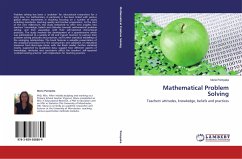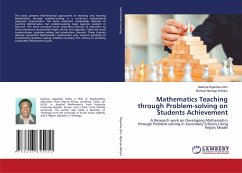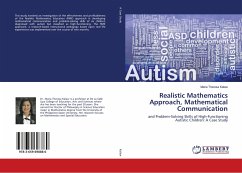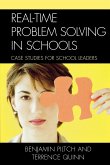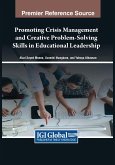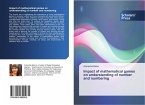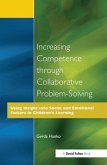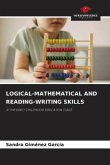Problem solving has been a problem for educational researchers for a long time. For mathematics, in particular, it has been linked with various global reform movements in teaching focusing on a number of issues including standards, teaching quality and teacher preparation. At the start of the new millennium, this study embarked to offer new insights into teachers knowledge, beliefs and attitudes towards mathematical problem solving, and their association with their self-reported instructional practices. The study involved the development of a questionnaire which was administered to a sample of UK and Cypriot teachers to capture their problem solving attitudes and practices, and further statistical modelling of the emerging relationships. The book features a valuable presentation of the analytical procedures for the construction and validation of attitudinal measures from likert-type items, with the Rasch model. Further statistical results, supported by qualitative data, suggest how different aspects of knowledge, attitudes and constraints affect the teachers self-reported problem-solving practice with implications for teaching practice.
Bitte wählen Sie Ihr Anliegen aus.
Rechnungen
Retourenschein anfordern
Bestellstatus
Storno

